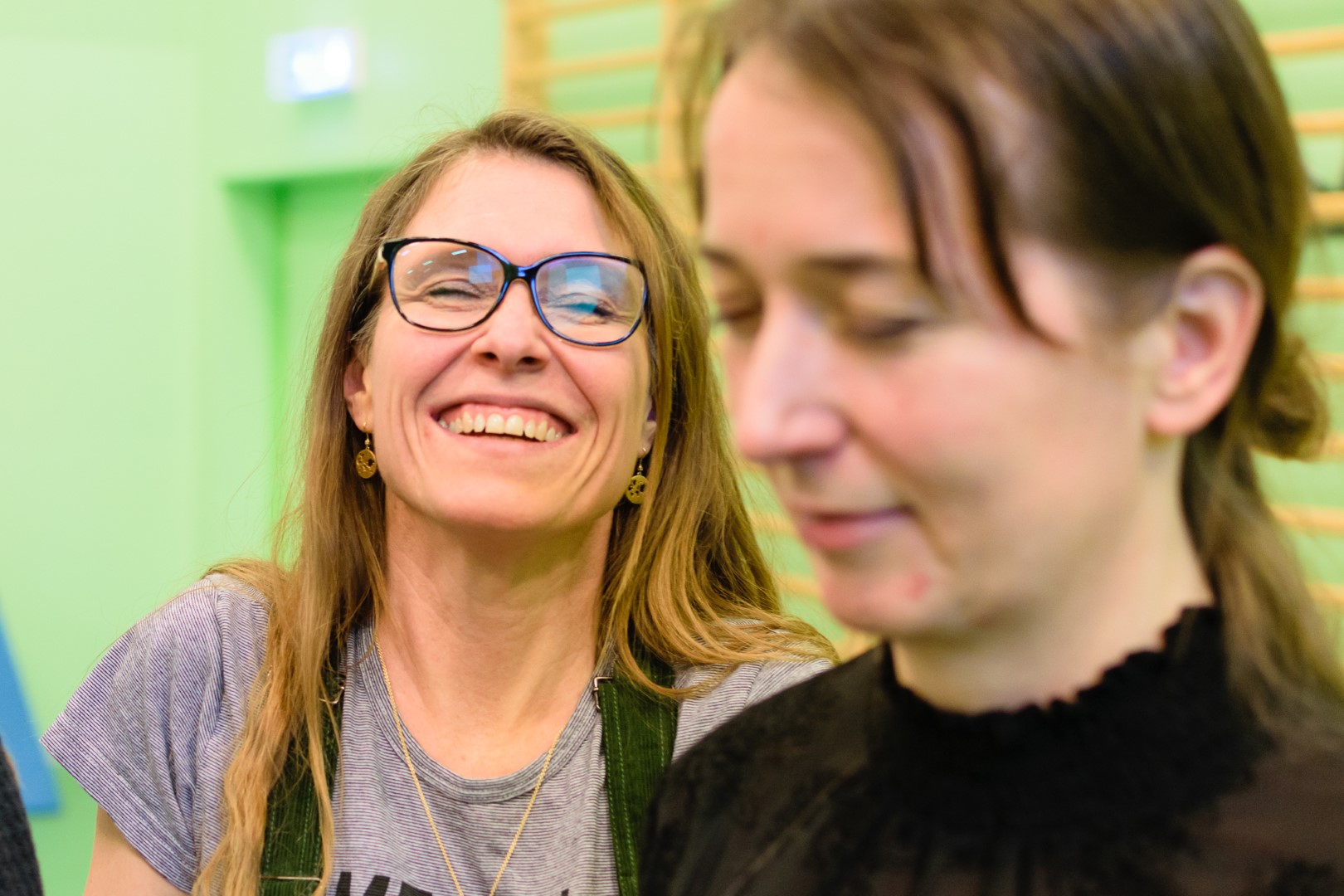[et_pb_section fb_built=”1″ _builder_version=”3.19.2″][et_pb_row _builder_version=”3.19.2″][et_pb_column type=”4_4″ _builder_version=”3.19.2″ parallax=”off” parallax_method=”on”][et_pb_text _builder_version=”3.19.2″]
I have written before about the horrors of the “ROI society” in which we live, and in a more recent post, I argued that “play resists “instrumentalization”, reminding us that some actions are undertaken with no rewards or external purpose in mind. Play is the primary purpose of play.”
This calls for some unpacking, as I believe it will prove to be an essential part of the argument I’m slowly trying to make.
If we have no aspiration outside economic achievements, is there even room or reason for democracy to exist? It can’t all be quid pro quo and return on investment. Democracy has to do better than that.
I believe that if democracy is to thrive, to mean something again, we have to learn how to insist on principles, ideas, thoughts and activities with inherent value, regardless of their financial value.
Danish professor of psychology, Svend Brinkmann, is frequently arguing against the dominating logic of instrumentalization:
“I will argue that instrumentalization in our time has become so pervasive that it threatens other ways of thinking, which are far more fundamental in regards to living a good and meaningful life. Instrumentalization effortlessly cover that which is actually meaningful” (my translation).
He even mentions play as an example a phenomenon that exists outside the realm of instrumentalization, an “autotelic activity”, something that “has a purpose in and not apart from itself”.
I also found this theme in Wendy Brown’s harsh criticism of neoliberalism in “Undoing the Demos”:
“As economic parameters become the only parameters for all conduct and concern, the limited form of human existence that Aristotle and later Hannah Arendt designated as “mere life” and that Marx called life “confined by necessity” — concern with survival and wealth acquisition — this limited form and imaginary becomes ubiquitous and total across classes. Neoliberal rationality eliminates what these thinkers termed “the good life” (Aristotle) or “the true realm of freedom” (Marx), by which they did not mean luxury, leisure, or indulgence, but rather the cultivation and expression of distinctly human capacities for ethical and political freedom, creativity, unbounded reflection, or invention.”
She goes on, showing also how the neoliberal logic inevitably leads to the death of democracy:
“the normative reign of homo oeconomicus in every sphere means that there are no motivations, drives, or aspirations apart from economic ones, that there is nothing to being human apart from “mere life.” Neoliberalism is the rationality through which capitalism finally swallows humanity—not only with its machinery of compulsory commodification and profit-driven expansion, but by its form of valuation. As the spread of this form evacuates the content from liberal democracy and transforms the meaning of democracy tout court, it subdues democratic desires and imperils democratic dreams.”
I honestly feel chills run down my spine when I read this. It’s pure dystopia, as if taken straight from the most terrifying future scenario even the most skilled sci-fi writer could come up with. Only difference is, it’s real, here and now.
Judith Butler presents a similar argument in “Notes Toward a Performative Theory of Assembly”:
“we are in the midst of a biopolitical situation in which diverse populations are increasingly subject to what is called “precaritization.” Usually induced and reproduced by governmental and economic institutions, this process acclimatizes populations over time to insecurity and hopelessness; it is structured into the institutions of temporary labor and decimated social services and the general attrition of the active remnants of social democracy in favor of entrepreneurial modalities supported by fierce ideologies of individual responsibility and the obligation to maximize one’s own market value as the ultimate aim in life.”
“the obligation to maximize one’s own market value as the ultimate aim in life” – is that really all we can ever hope for?
It’s quite popular to see play as an instrument to achieve lots and lots of things, from learning and creativity over a wretched from of “resilience” to economic growth and maximizing “one’s own market value”. Now, there can indeed be worthwhile and valuable outcomes of play, but if that’s our primary concern, we misunderstand play altogether.
We need to look at play through a different prism. Like Miguel Sicart in “Play Matters“, I too see “play as a struggle against efficiency, seriousness, and technical determinism.”.
Play does not care in the least about all these quantifiable outcomes or results. Instead, play teaches us to stop obsessing over all of that, as it only really thrives when we dare to stop thinking about the returns on our playful investments. When play happens like that, all anyone cares about is that moment, that shared experience of being in play together.
As such, play might be the antidote we so desperately need. Maybe play can remind us that the otherwise widespread instrumentalization can be resisted? That there is indeed more to life and to democracy than maximizing profits?
Even in the bleakest moments, I hope so. On the best of days, I actually think it might just be possible, but only through collective action, rooted in (play) communities.
[/et_pb_text][/et_pb_column][/et_pb_row][/et_pb_section]

Leave a Reply